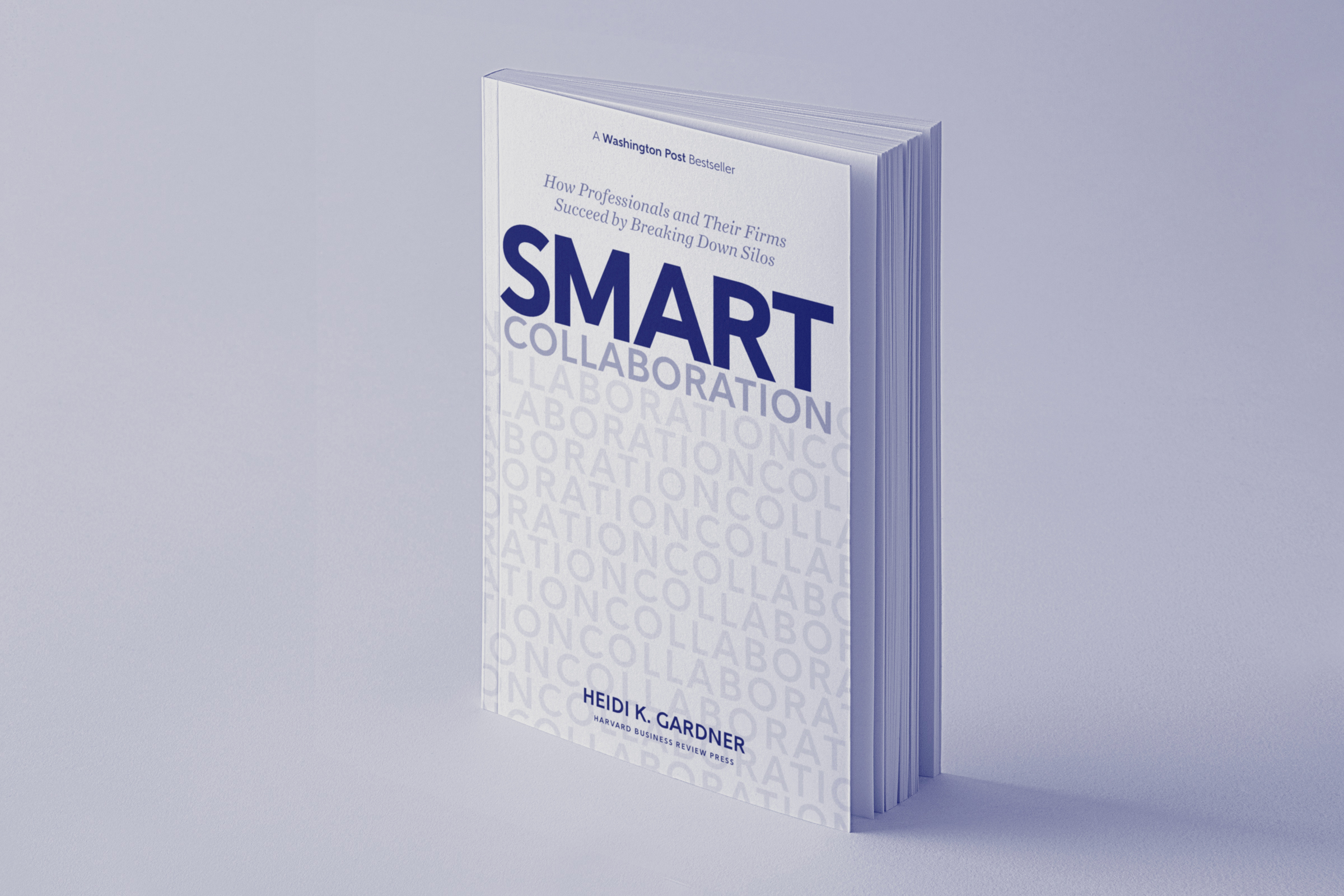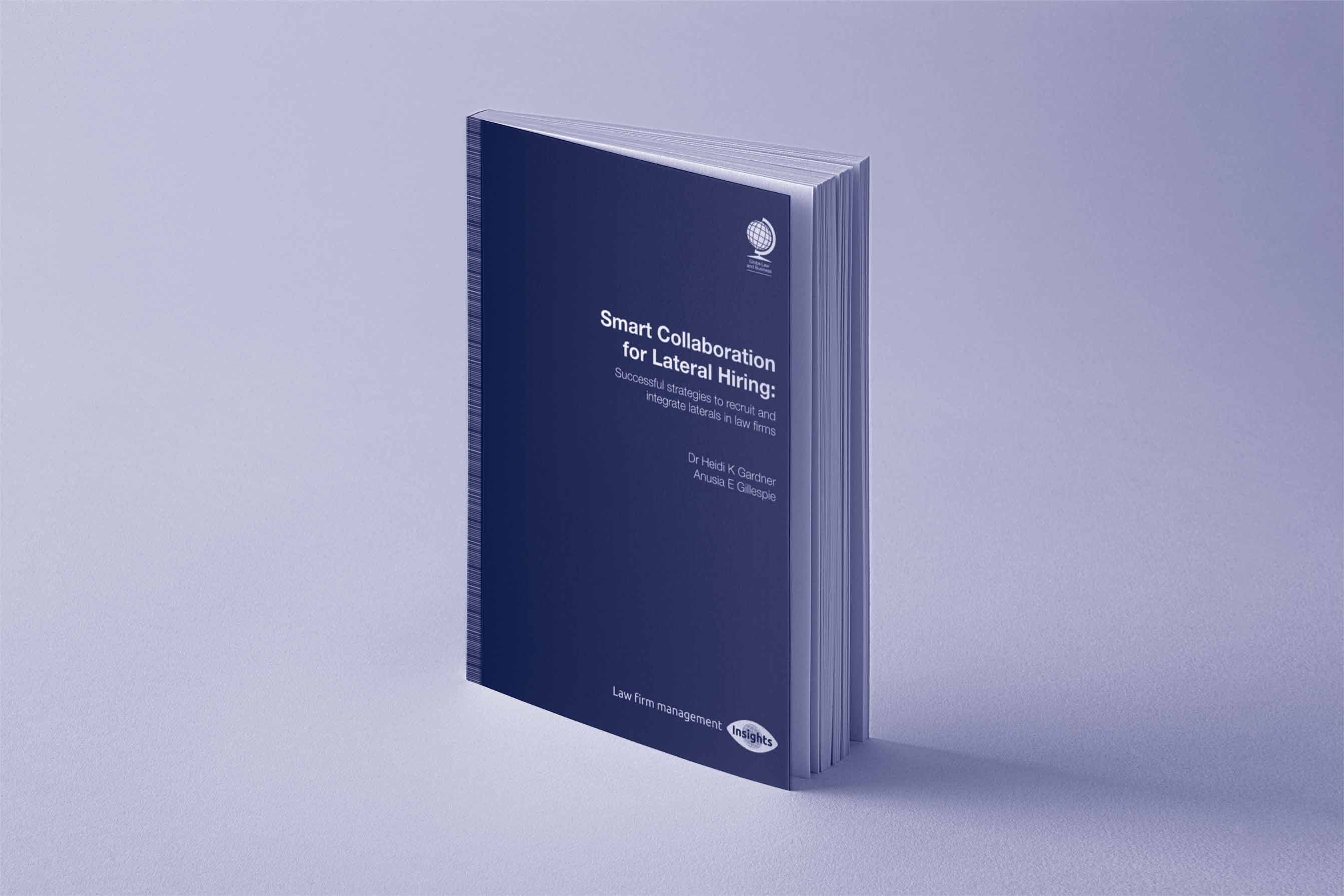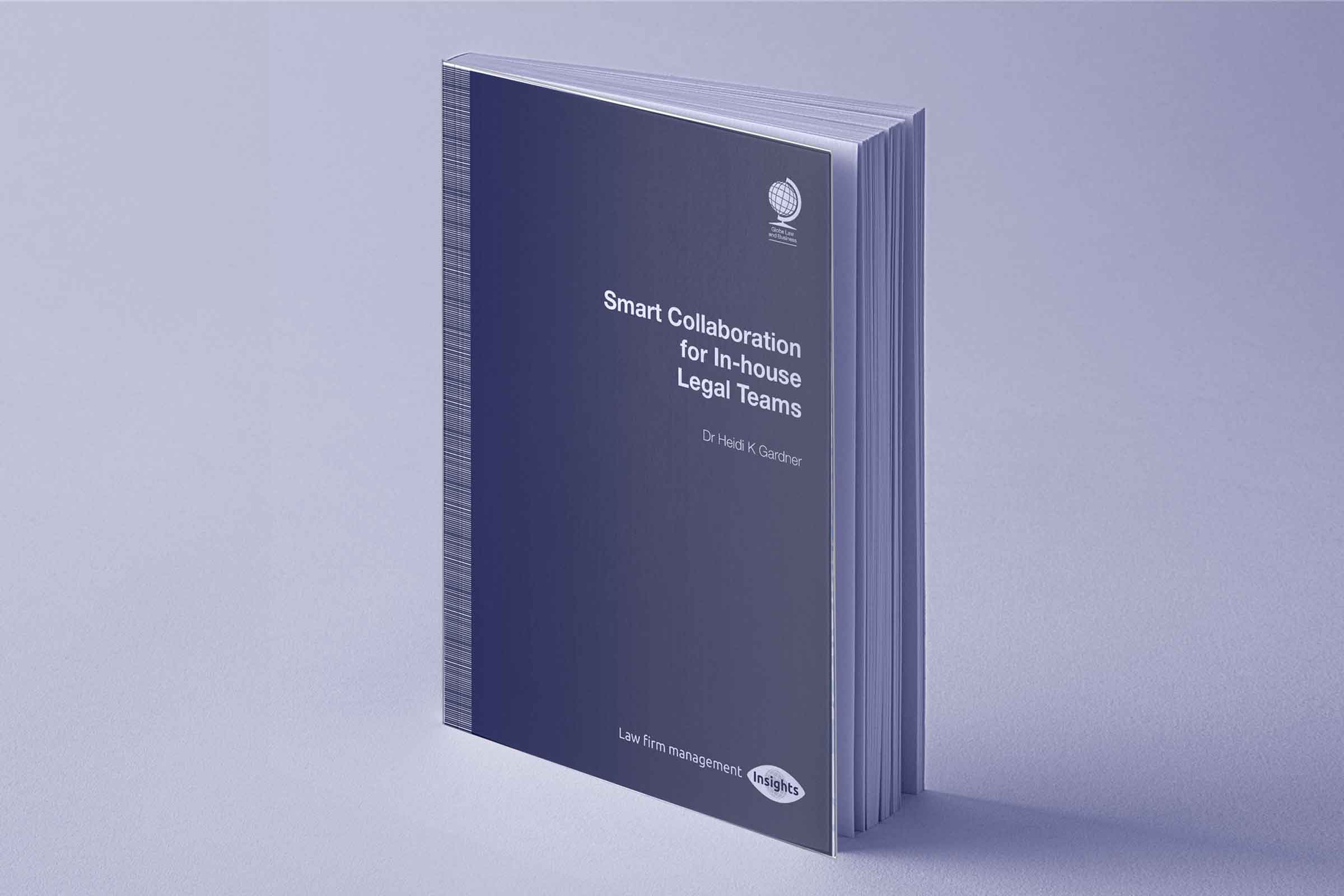Insights
Over-committed organizations
The “dark side” of collaboration emerges when people are stretched too thin across many projects, often with competing priorities and deadlines. How can you mitigate the downsides of an over-committed organization while reaping the benefits of Smart Collaboration?
Despite organizations’ best intentions to inspire cross-project learning and maximize utilization of experts, the reality of assigning people to many simultaneous teams is often the opposite: progress stalls, performance drops, and outcomes lack creativity. Oftentimes it is your best performers who bear the disproportionate brunt of competing deadlines, overload, and possible burnout. More than that, the risk dramatically increases that an unexpected shock on one project will ripple across the company and endanger higher-priority projects.
Our research identifies concrete steps for executives, team leaders, and individuals can take to design and implement solutions to address these challenges—while still getting the benefits of cross-silo collaboration. It starts with data and analytics, and the solutions are informed by behavioral science. Our research is ongoing; contact us for more information or to get involved.

In a podcast interview with Pete Mockaitis, Dr. Heidi K. Gardner discusses how to collaborate smarter – drawing on her new book with Ivan Matviak, Smarter Collaboration: A New Approach to Breaking Down Barriers and Transforming Work. She explores topics like how to stop overcommitment and over-collaboration, how diversity makes for better collaboration, and how to overcome the barriers to collaboration.
Source: How to be Awesome at Your Job podcast
Year: December 2022
Link: https://awesomeatyourjob.com/823-how-to-collaborate-smarter-with-dr-heidi-gardner/

In a new podcast episode, Stephen Poor and Dr. Heidi K. Gardner cover a wide range of topics: why we should continue to cultivate “serendipitous encounters” at work, how organizations can avoid the dangers of over-collaboration, and how they can better collaborate with outside parties such as consultants and vendors. Dr. Gardner also discusses why she was inspired to write her new book.
Source: Pioneers and Pathfinders podcast
Year: November 2022
Link: https://www.seyfarth.com/news-insights/pioneers-and-pathfinders-dr-heidi-k-gardner-returns.html
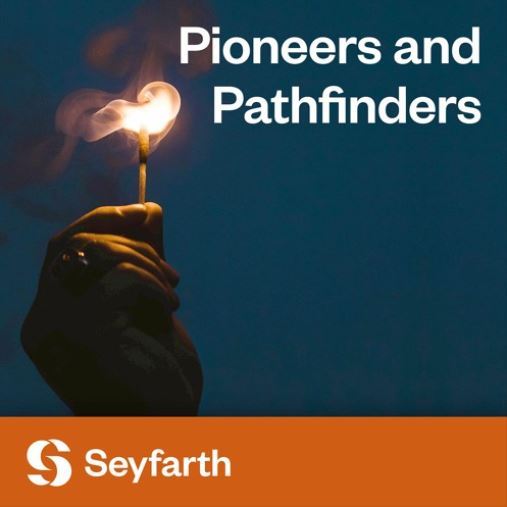
Breaking down silos and getting people to work across disciplines, what we call “smarter collaboration,” leads to a host of demonstrable benefits ranging from faster innovation to stronger employee engagement. But just because it’s advantageous doesn’t mean it’s always practiced. Our decade-plus of research at Harvard has unearthed a range of common barriers. This post is the first in a series focused on breaking down those obstacles to smarter collaboration.
Source: Gardner & Co.
Year: August 2022

Through multiteaming (the same person works on a number of teams at once), organizations aim to become more efficient and productive. Due to the competing priorities, group cohesion often suffers and the individuals may experience burnout. Team and organizational leaders can take action to reduce downside and to better capitalize on the advantages multiteaming offer.
Journal: Harvard Business Review
Year: October 2017
Link: http://bit.ly/2PR92Rt
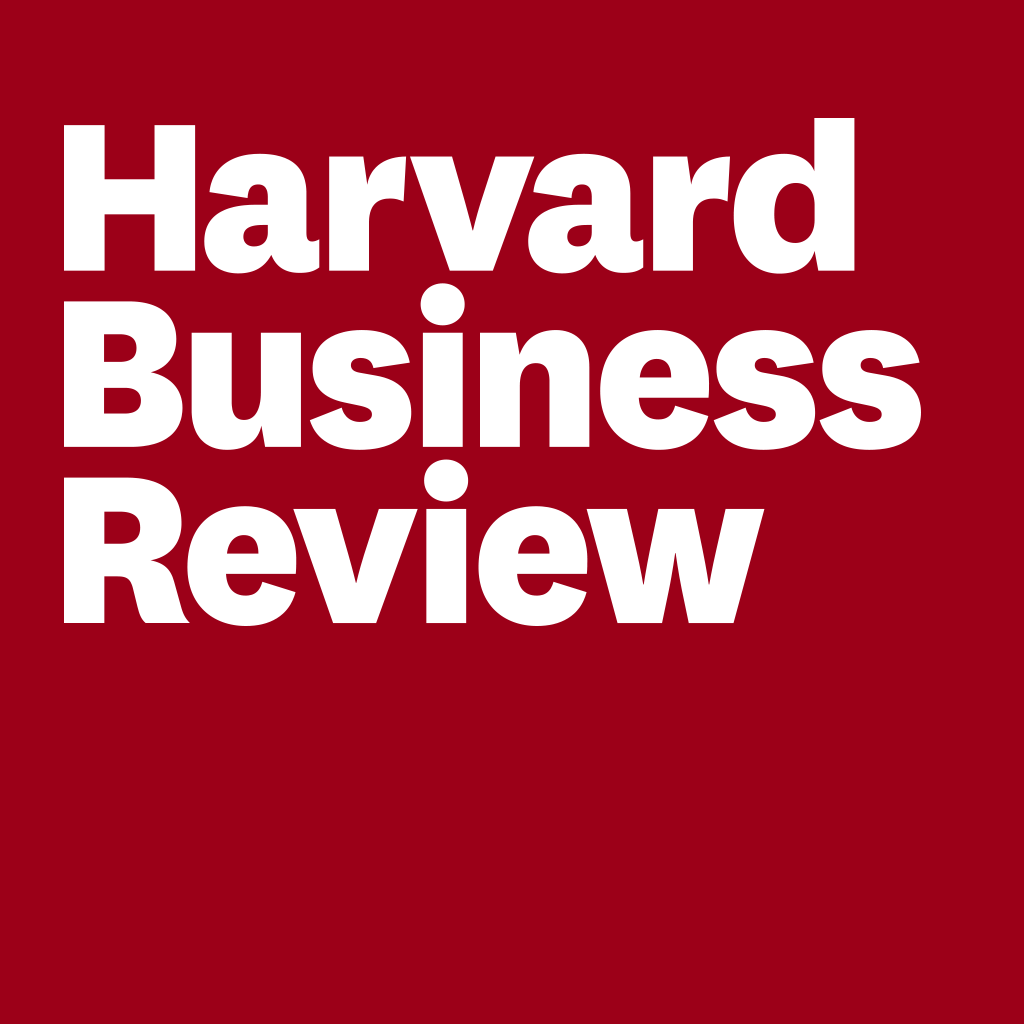
In today’s business environment, agile collaboration is more critical than ever. Tackling issues quickly through nimbly forming and disbanding teams often faces the reality of misaligned incentives, hierarchical decision making and cultural rigidities, resulting in stalled progress or no action at all. By steadily nurturing agile collaboration, leaders can efficiently and effectively access the expertise of key collaborators.
Journal: Harvard Business Review
Year: May 2018
Link: http://bit.ly/2qjCRzB

The pressure to perform drives people paradoxically toward safe, generic solutions, even though they want to do their best on high-profile work. They miss out on specialized insights and the opportunity to deliver innovation. This article offers solutions for teams to keep doing their best work when it matters the most.
Journal: Harvard Business Review
Year: April 2012
Link: http://bit.ly/2WLvNba

Despite the benefits of ‘multiteaming’ (like increased utilization of talent), it has dark sides (like failed projects when members are pulled off to fight fires elsewhere). The article discusses specific and tactical advices to better manage the tensions of an over-committed organization.
Journal: Harvard Business Review
Year: November 2017
Link: http://bit.ly/2PJuV5j

Event: Tatarklubben live with Harvard Business Review





